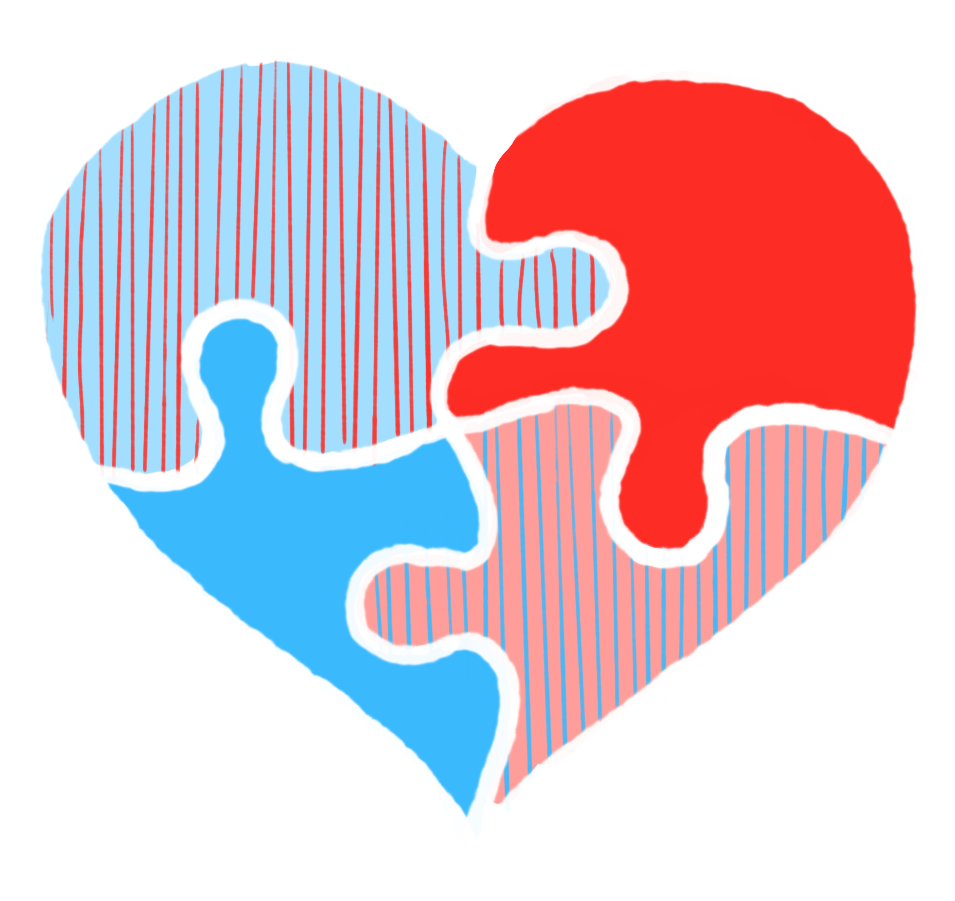Sexual development 6-9 years
Global development
Between the ages of 6 and 9, children become more aware of their body and appearance: they increasingly compare themselves with other children. The relationship between boys and girls changes; boys prefer to play alone with boys and girls with girls. Also at this age the first infatuations occur. From the age of 7, children slowly start to realise that their genitals are not only there to pee with. Sometimes they secretly touch each other; they know that it is not really 'right'.
Specifically for anorectal malformations/Hirschsprung’s disease
As your child becomes more aware of her body, she will also become more aware of the condition and especially of the physical differences with other children, if they occur. Your daughter wants to look the same as other girls and may therefore want to avoid sports lessons, changing rooms and sleepovers, for example. At this age, it is of course even more uncomfortable for your child to have a little ‘accident’.
Solutions
Help your child to be open about her condition. The better the environment knows what's going on, the more acceptance there is. A disease is nothing to be ashamed of; after all, there is nothing you can do about it. Children and young people may think that someone is to blame for the misfortune that befalls them, so make it very clear that this is not the case. To be able to talk to others about this, it is important that your child understands that her anus/underbelly looks different from other children. Explain what's going on, for example by using a picture and telling them: "When you were operated on, your poop hole was closed. The doctor opened it with an operation."
The openness helps you and your child to find solutions for difficult situations and to make agreements with school and other stakeholders (see also the information on this at 0-4 years). As a parent, you can teach your child to answer unpleasant or difficult questions from other children. Practice a simple answer, for example: "I had surgery there, because I couldn't poop very well. My intestines didn't work properly and that's why I got a stoma, so the poop comes out of the intestine in a bag. I poop in a bag and go to the toilet to change the bag." You can also work out together where the privacy limit for your child is. Teach your child to tell other children: "I'd rather not talk about it any further, I find that uncomfortable". Many children think that they should share everything publicly, but the opposite is true. You don't have to share things about illness etc. if you don't want to. Your medical file is private. Of some things it is useful to inform others because otherwise you get gossip or people let their own imagination run wild (and then always invent things about you that are not true – but believe their own fantasies themselves). If you as a parent find it difficult to determine the boundary yourself or to determine the boundary together with your child, you can ask for help from a psychologist / pedagogical staff member / social worker from the hospital.
Children who have something different in their body are told by other children that it is "stupid" or "pathetic". Discuss with your child how they can respond. For example, by saying, "What do you think of yourself?" Do you think you are stupid? Are you pathetic? Make it clear that the child is not stupid or pathetic, mention positive character traits such as "you are smart", "you are funny, you have a sense of humor", "you are sweet", "you are brave", "you are a go-getter" and make it clear that your child is not pathetic: you can go to school, you can play soccer, you can do it and so on. Mention that there are a lot of children who have a physical defect or illness with problems and limitations. For example, if your child has a negative reaction from other children to their hospital visit, they may say: "I don't mind going to the hospital, I'm not afraid of the doctor". "I have an afternoon off now and then and then and I go out for an ice cream with Mummy afterwards - it's always very nice".
A lot of children still have trouble to put themselves in the other person's shoes and don't realise how painful/injurious it is what they do. Parents don't have to punish, they do have to explain. If children continue to bully, then, of course, punish or take other measures. Does your child withdraw, is she ashamed, is she being bullied, is she sad? Talk to your child about it. It is important to make it discussible, because children with an abnormality or chronic illness are regularly confronted with incomprehension, tactical or unkind remarks or silly jokes. Teach your child how she can best respond to this and set limits. As a parent of a child with an abnormality, you can expect school to protect their children. If necessary, call in an expert to help your child strengthen her resilience.
Want to know more?
About sex education for children [Book available in Dutch only at present]
About bullying and resilience of children [Link in Dutch, Open the link in Google Chrome and make use of the translation function to translate the website: See browser settings - Languages]
About the experiences of children aged 6-9 years with Hirschsprung's disease [Dutch video which can be Auto-translated into multiple languages via YouTube].



